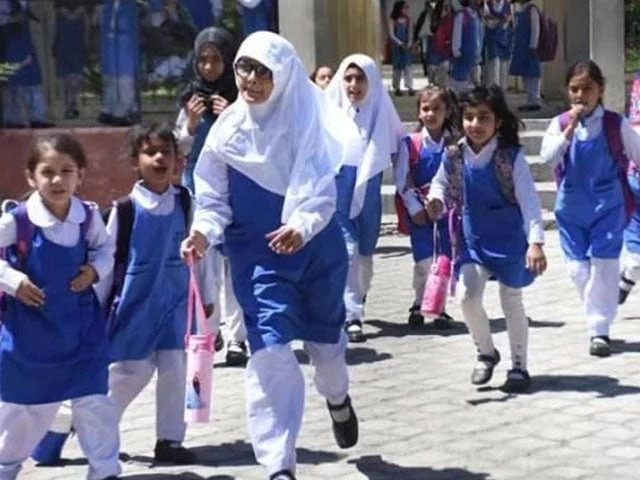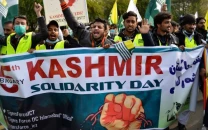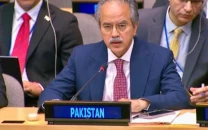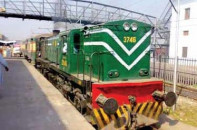Rising education costs burden families
As new academic year begins parents struggle with skyrocketing fees, uniform costs

The new academic year in Punjab is set to begin on April 7, while the results for annual exams from nursery to eighth grade will be announced today, April 4.
Significant changes have been made in the curriculum, with textbooks for classes six to ten being replaced.
For ninth-grade admissions, students will now have six group options including computer science, medical science, engineering science, agriculture, general arts, and beautician studies.
However, a sharp increase in book prices — ranging from 100 per cent to 200 per cent — due to rising paper costs has made education unaffordable for many families.
Parents are struggling with skyrocketing expenses, including tuition fees in private schools, uniform costs, and pick-and-drop charges.
With Ramazan and Eid expenses just behind them, they now face the daunting burden of purchasing new books, stationery, uniforms, and shoes for their children.
Private schools have increased tuition fees by 50 per cent to 80 per cent.
In smaller private schools, the admission fee has reached Rs2,500, while a full set of textbooks costs Rs5,600, and notebooks cost Rs1,200.
Mid-tier private schools charge an admission fee of Rs15,000, with monthly tuition ranging from Rs2,500 to Rs4,500.
Elite schools have hiked their admission fees to Rs20,00025,000, with monthly tuition between Rs10,000 and Rs14,000.
The cost of individual textbooks now ranges from Rs550 to Rs1,480, and each notebook costs between Rs150 (basic quality) to Rs500 (premium). Drawing books are priced at Rs1,209.
School uniforms cost between Rs3,500 and Rs4,000 for girls and Rs3,500 for boys, while shoes range from Rs3,000 to Rs5,000.
A full set of stationery costs between Rs2,000 and Rs3,500, and school bags are priced between Rs2,500 and Rs5,500.
With the introduction of new textbooks, lower-income students are unable to reuse old books, further straining household budgets. Bookshops and stationery stores in Urdu Bazaar are overwhelmed with parents trying to buy essential supplies.
Similarly, uniform and shoe shops are witnessing large crowds of worried parents.
In government schools, the distribution of free textbooks has also declined, leaving many newly admitted students without study materials. Adding to the burden, transporters have raised school pick-and-drop fares, making education even more inaccessible for low-income families.
Muhammad Sharif, a concerned parent, stated that the overall cost of schoolingincluding books, admission fees, tuition, uniforms, and school bagsnow ranges between Rs40,000 and Rs50,000 per child up to the fifth grade.
"For parents with three or four children, it is nearly impossible to afford education under these conditions," he lamented.
Educationists warn that school enrollments, particularly among girls, are likely to decline due to the financial burden.
Azmat Ali, a local education activist, stressed that "education is the government's responsibility, and until every child receives free schooling, including books, uniforms, and transport, student enrollment cannot be increased."
Teachers Basharat Iqbal Raja and Muhammad Shafique Bhaluwalia criticised the commercialisation of education, which has forced many parents to enrol their children in small neighbourhood schools instead of established institutions.





















COMMENTS
Comments are moderated and generally will be posted if they are on-topic and not abusive.
For more information, please see our Comments FAQ